Summary
Key Insights
1. Cybersecurity Failures Start with Incentives, Not Hackers
Andrew emphasizes that most breaches are not caused by unknown threats, but by known risks that organizations choose not to address.
Budget constraints, growth pressure, and misaligned incentives push security decisions down the priority list.
When security teams lack authority or resources, failures become inevitable — regardless of technical capability.
2. Cyber Risk Is an Organizational Risk, Not an IT Issue
Treating cybersecurity as an IT function isolates it from business decision-making.
Andrew argues that cyber risk should be governed like financial or operational risk, with clear ownership and escalation paths.
Legal leaders can help reframe cyber discussions in terms executives and boards understand: exposure, liability, and impact.
3. GCs Are Critical Translators Between Security and Leadership
Security teams often struggle to communicate risk in business-relevant terms.
GCs can bridge this gap by translating technical vulnerabilities into legal, regulatory, and reputational consequences.
This translation function ensures cyber risks receive appropriate attention at the leadership level.
4. Incident Response Plans Reveal Governance Weaknesses
Many organizations only test their governance structures during a breach.
Andrew notes that unclear decision rights, delayed escalation, and confusion over authority surface quickly in incidents.
Strong preparation focuses not just on response playbooks, but on who decides what — and when.
5. Regulators Expect Thoughtful Oversight, Not Zero Risk
Regulatory scrutiny after breaches often focuses on whether leaders understood the risks and acted reasonably.
Andrew highlights that enforcement actions frequently cite ignored warnings, poor documentation, and weak internal processes.
Good governance creates evidence of judgment, not perfection.
6. Boards Can’t Delegate Cyber Risk Away
Cyber risk increasingly sits at the board level, alongside audit and compliance.
Andrew explains that boards are expected to ask informed questions, demand metrics, and oversee cyber posture.
GCs often become the architects of how this oversight is structured and documented.
7. Closing Insight:
Cybersecurity failures rarely come from surprise attacks — they come from predictable governance breakdowns.
Andrew Woods’s perspective reinforces why GCs are essential to building cyber resilience before a crisis forces the issue.
In this podcast, we cover
0:00 Introduction
1:54 Starting your career as a professional poker player
6:18 Comparing poker skills with skills required to succeed as general counsel
13:32 Taking an unorthodox path after law school
18:00 Transitioning to in-house roles in tech
24:03 Moving away from skill questions in the hiring process
30:30 Developing mastery over fields like privacy and ad tech
34:55 Breaking into privacy
38:23 Considering the future of AI governance from a privacy perspective
41:17 Making the jump to Twitter and PubMatic
56:40 Book recommendations
59:58 What you wish you’d known as a young lawyer

.svg)




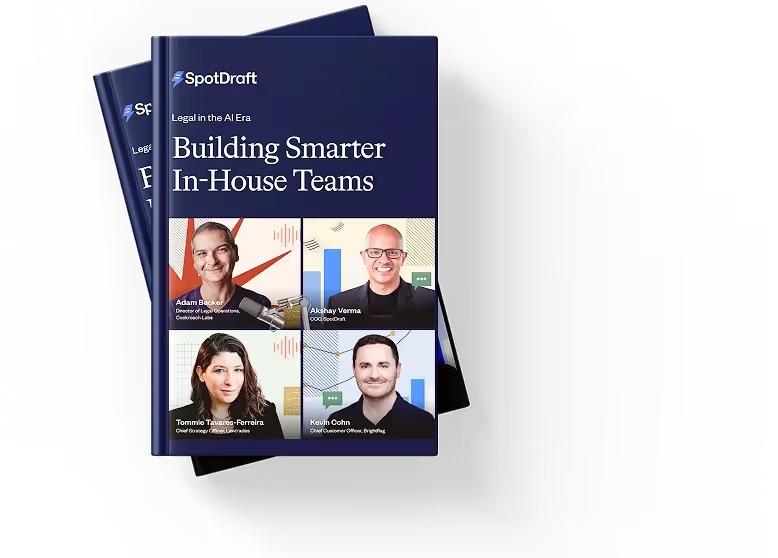




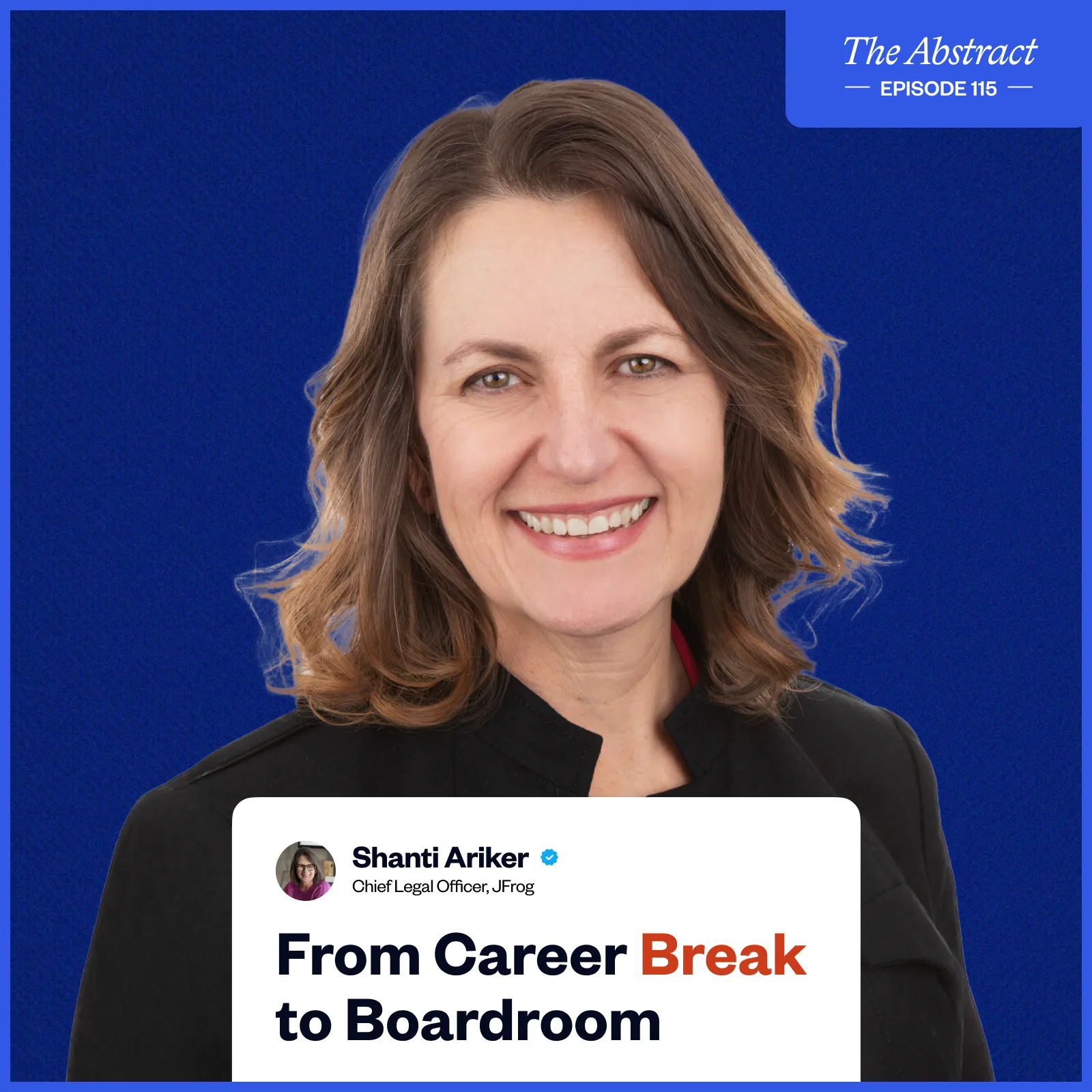
.svg)
.svg)




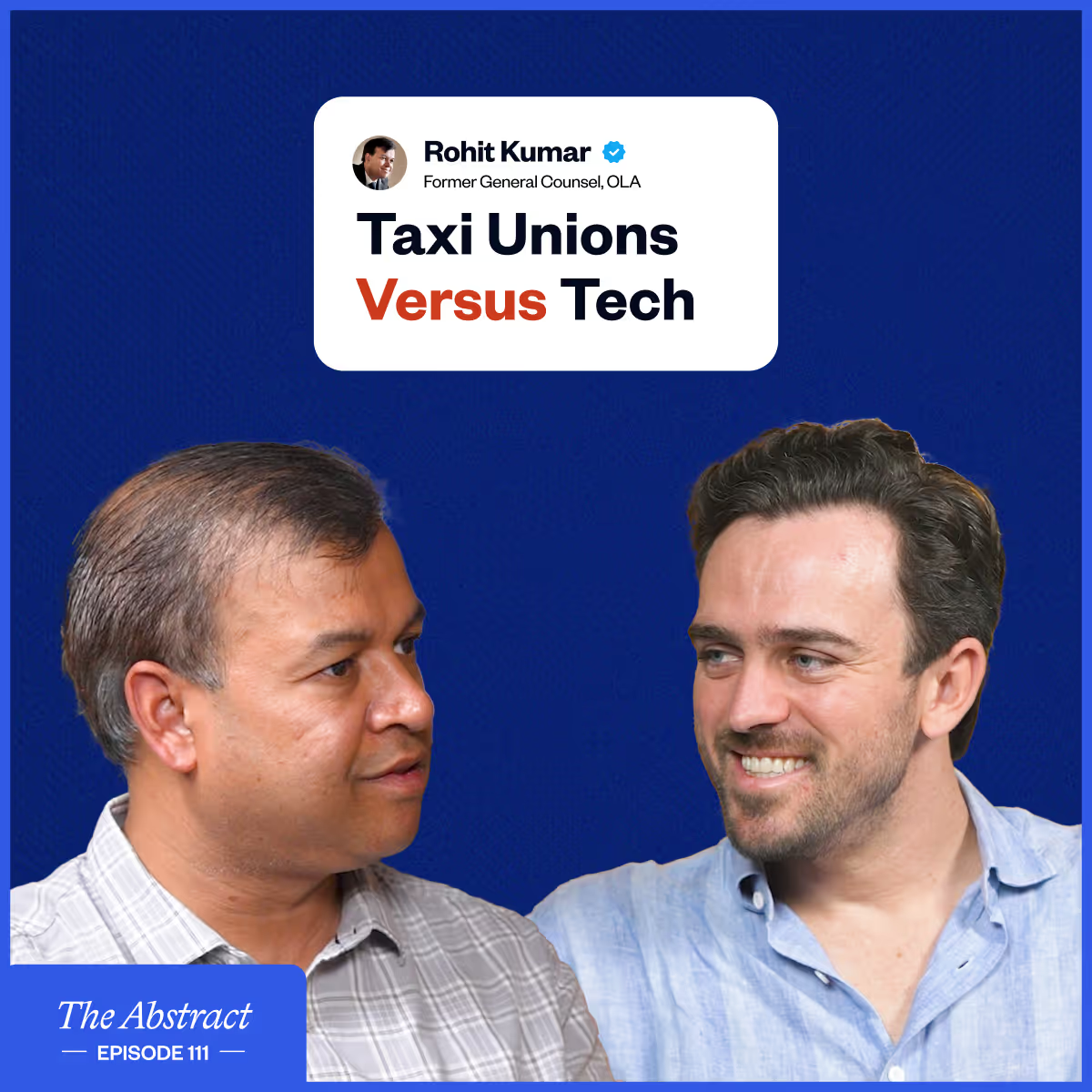
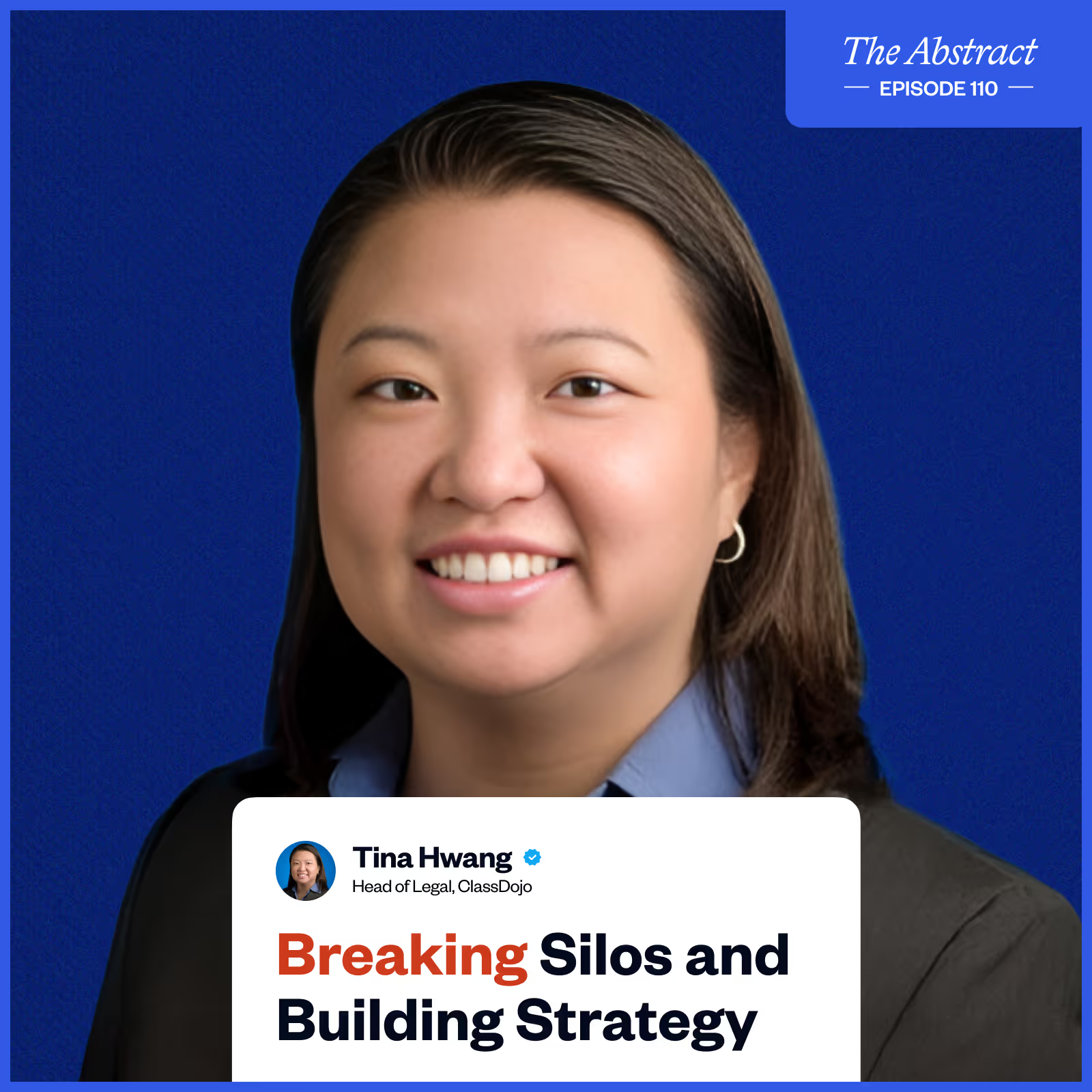
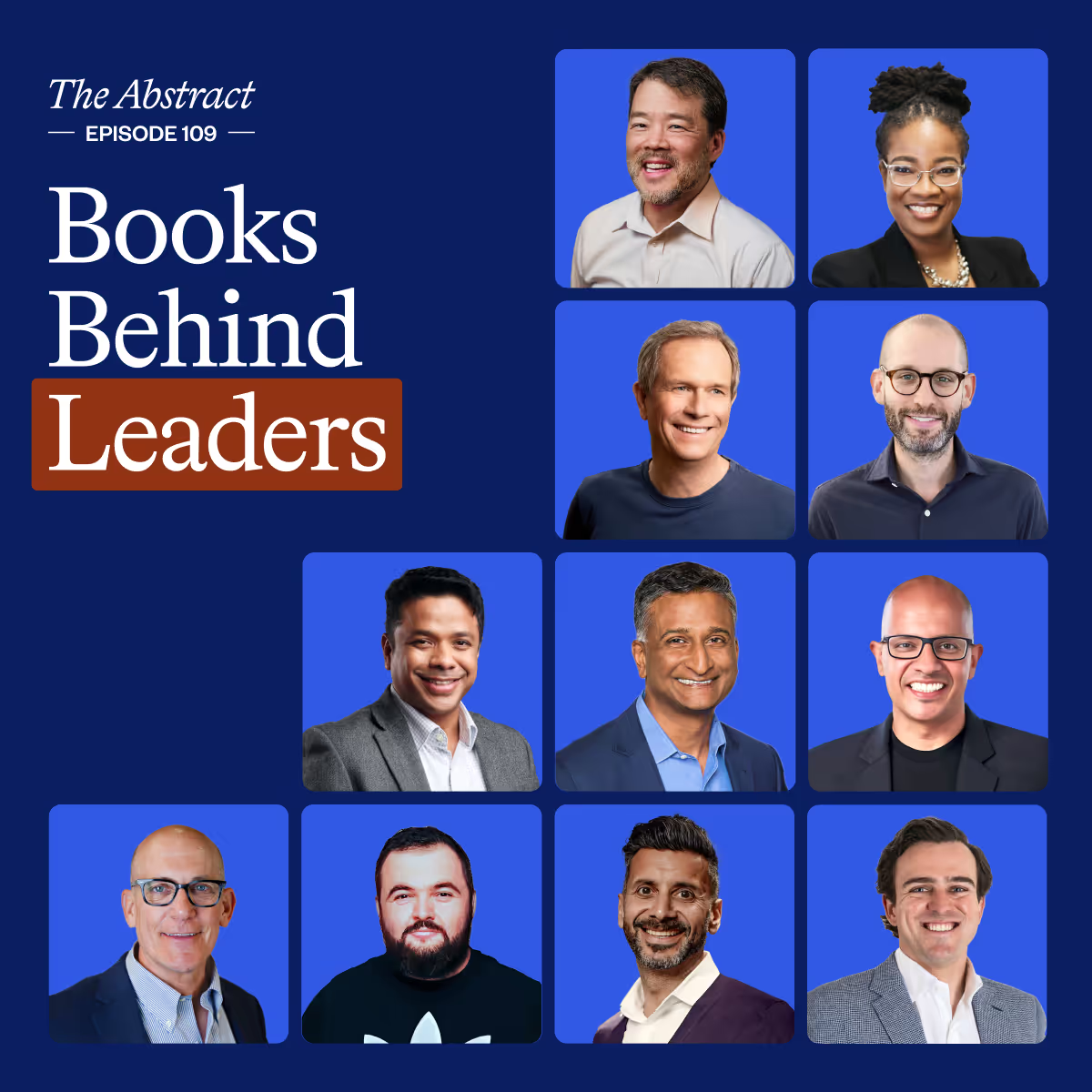

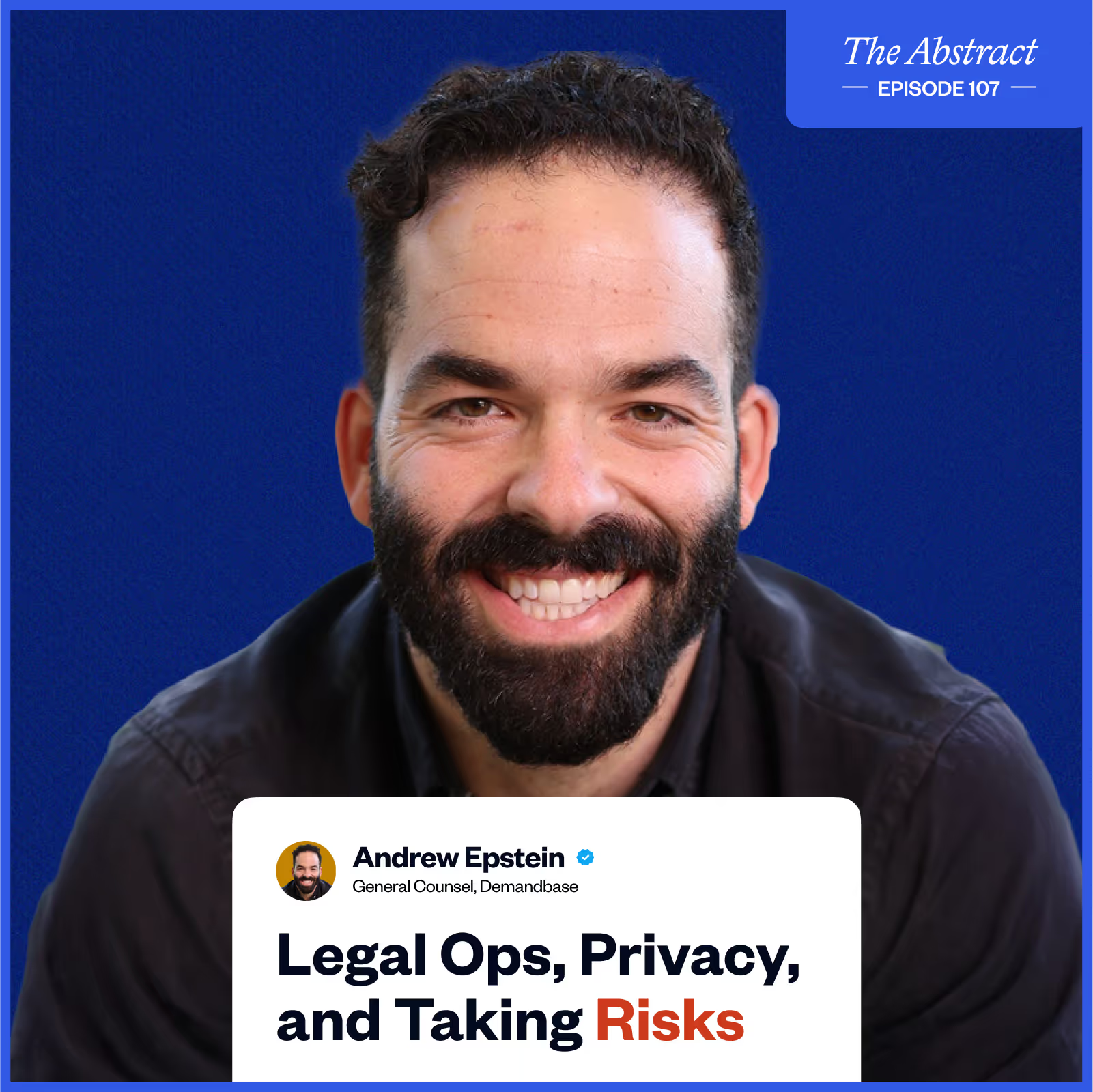


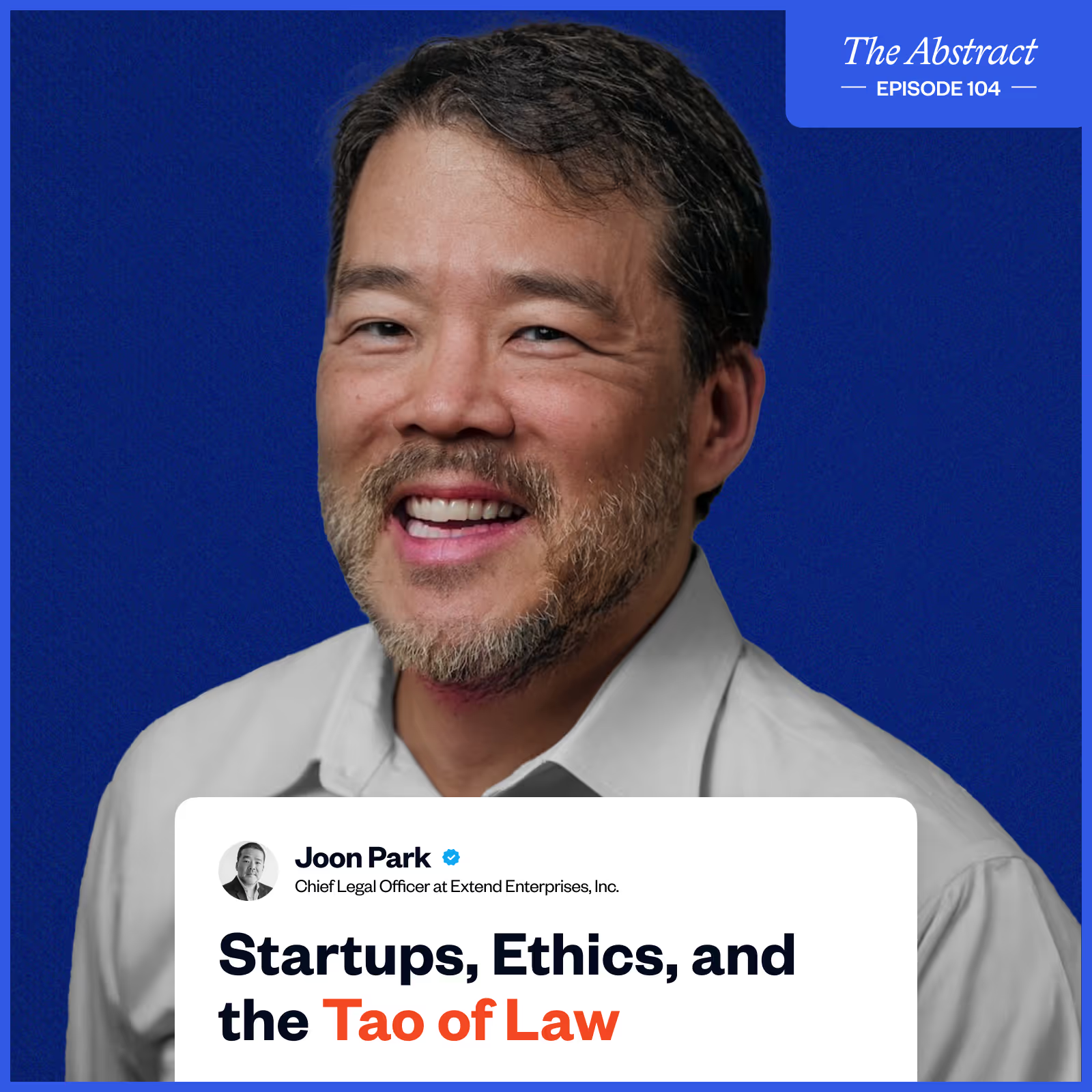









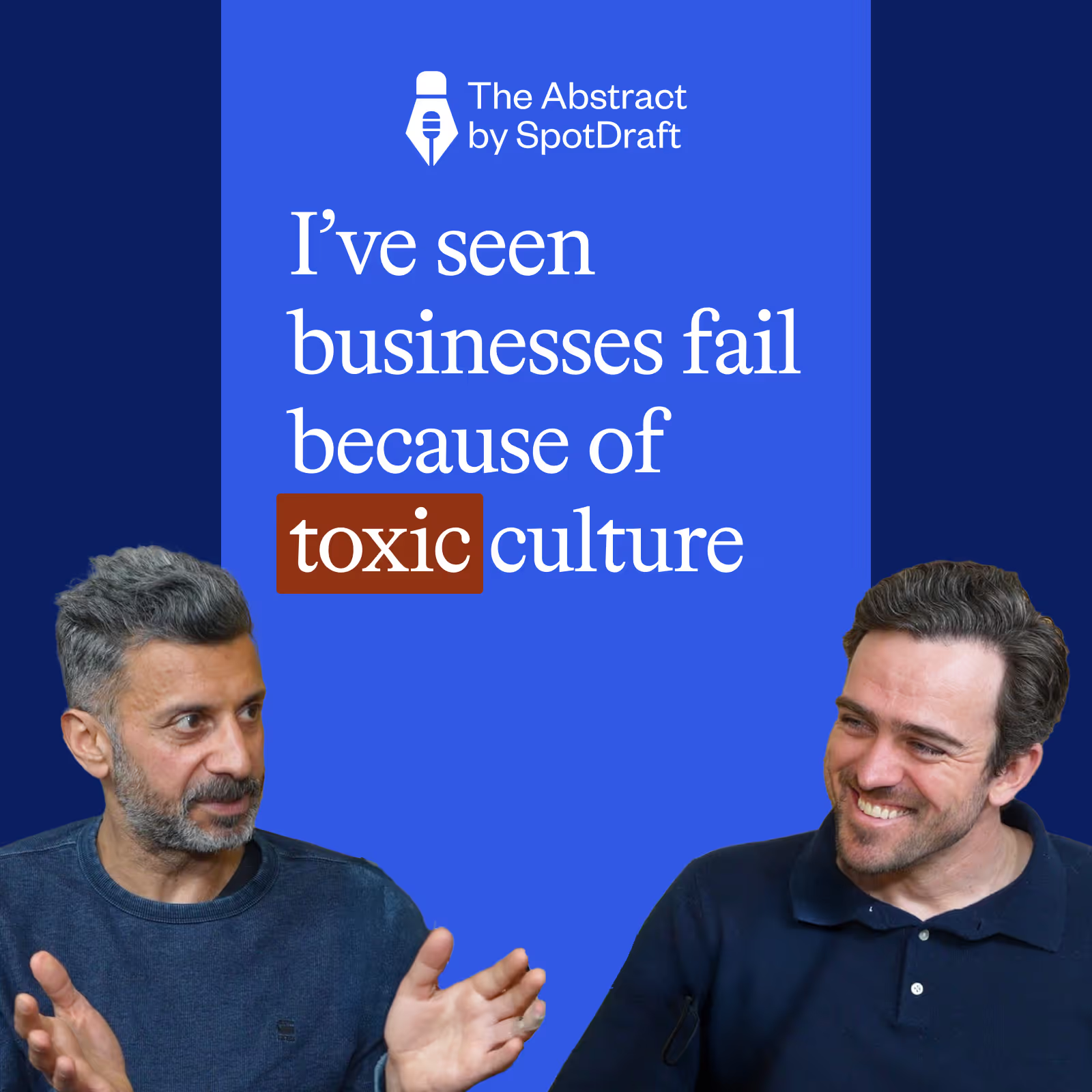

















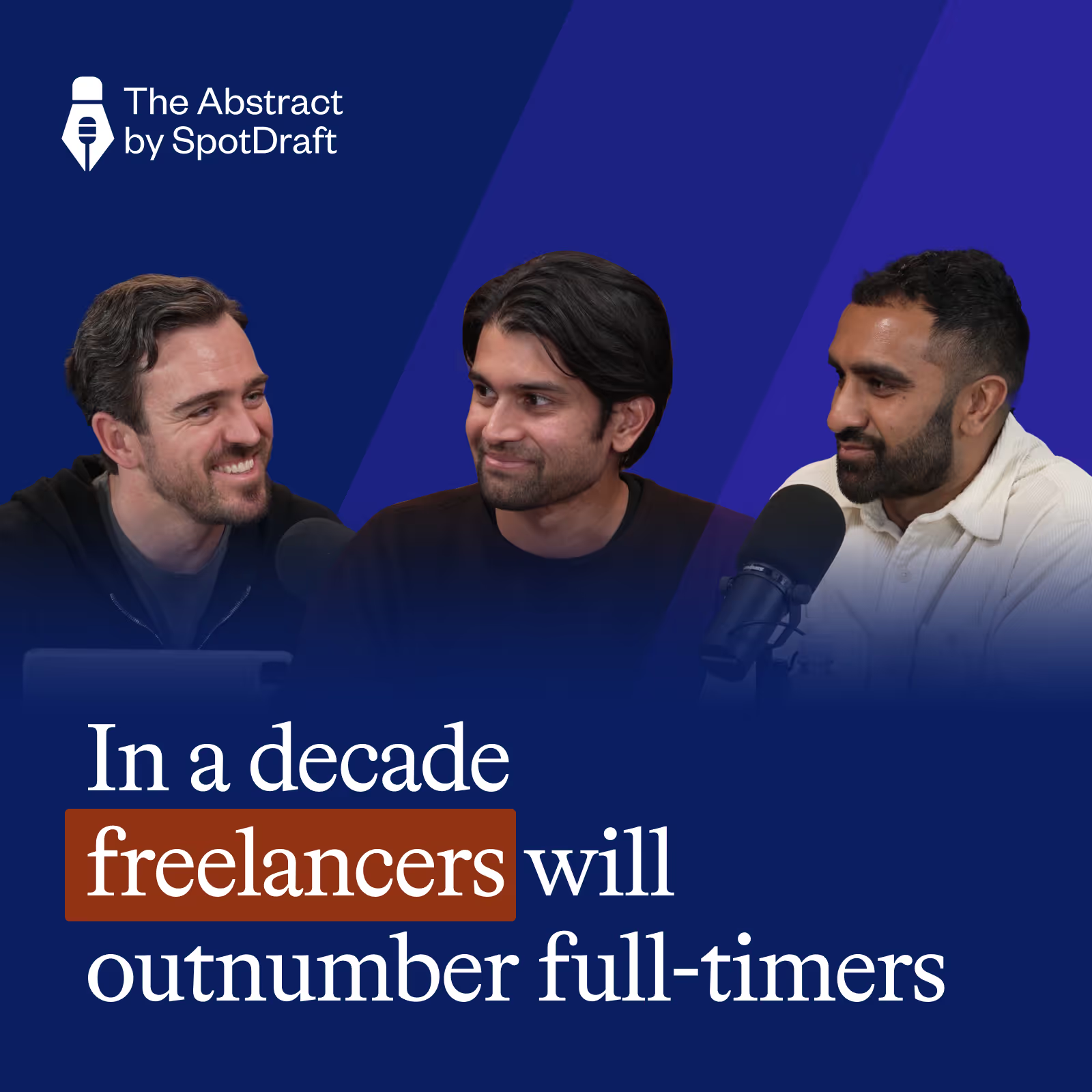










































.avif)







.avif)








